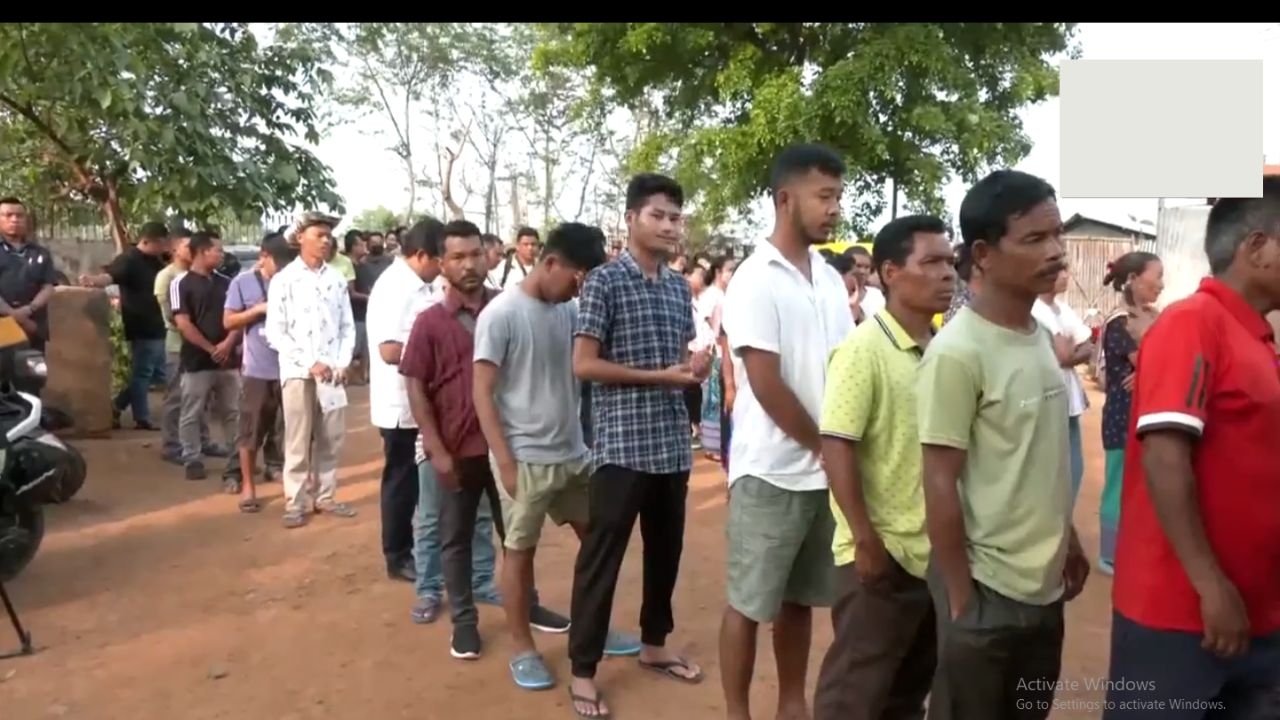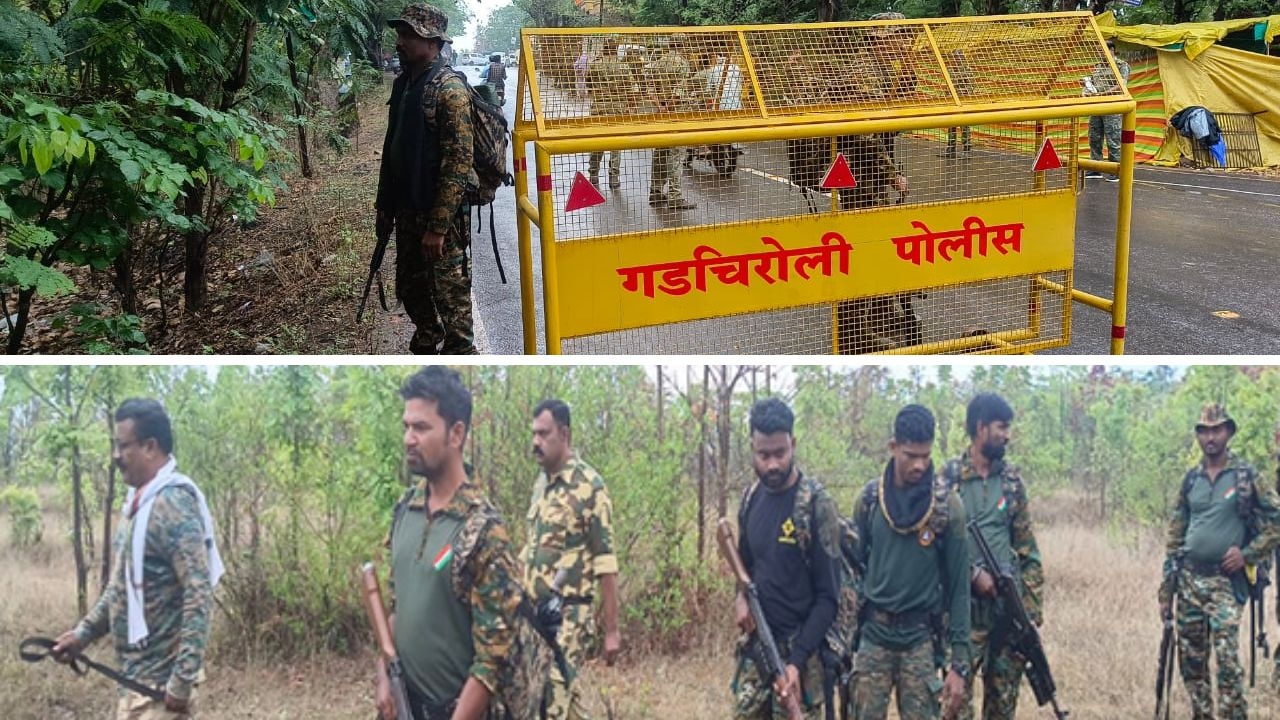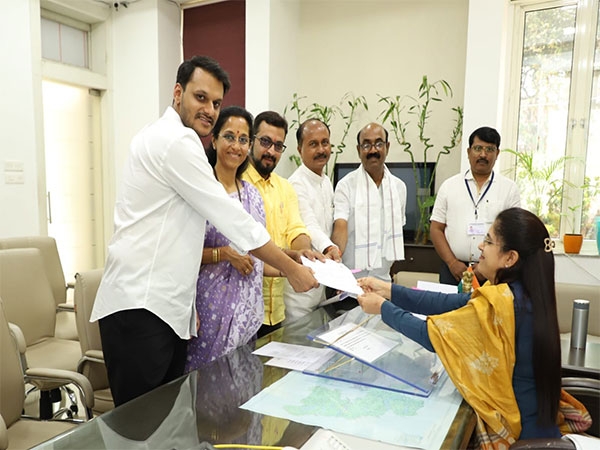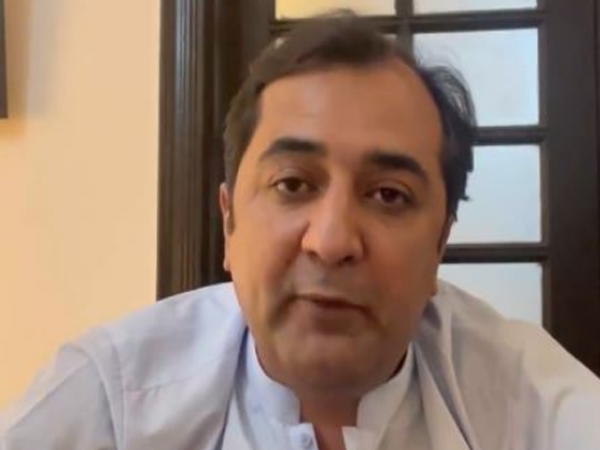Getting back at Yashwant Sinha is fine. But Jaitley just rambled on
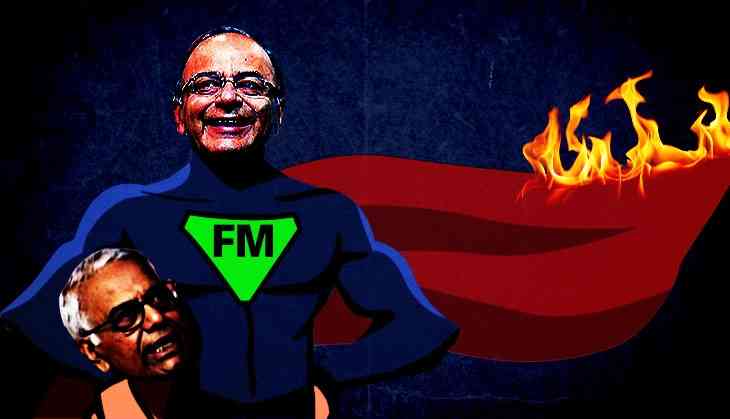
Being finance minister is a tough job. Being the finance minister of the 'fastest-growing economy' tougher still. It would need a lot of focus, imagination and the ability to reason logically. That should be easy for astute lawyers. But then, focus can waver.
Arun Jaitley’s appearance at attended a book launch on Thursday, a rebuttal at two of his predecessors – Yashwant Sinha and P Chidambaram – wasn't unexpected. But that he would lose focus wasn't expected.
Jaitley naturally defended his track record as FM: why would he not? He returned the fire too. Again, why would he not? But after that his logic wavered.
'Acting in tandem'
Jaitley reportedly charged Sinha and Chidambaram of “acting in tandem”. That sounds like the two were cooking a sinister plot. Why should anybody criticising the government of the day be “acting in tandem”? Politicians routinely criticise the politics and policies of their opponents. That's expected.
Of course, Jaitley might not have expected the barbs from Sinha, a senior party colleague. But there is no evidence that Sinha cut a political deal to dunk the Bharatiya Janata Party. After winning the 2014 General Elections handsomely, the BJP forced its most experienced leaders into hibernation. Had they been co-opted, Sinha perhaps would not have needed to make the unkind cuts.
Now when someone of his stature speaks publicly against the policies of his own government, what should the Opposition have done? Look the other way? Did Jaitley leave opportunities of taking pot shots at the Congress when it was in power? Alleging that Chidambaram and Sinha are now hand-in-glove is whiny politics.
Me vs the rest
That brings us to the larger issue of Jaitley's political acumen, something he has displayed a lot in the last decade or so.
When the BJP was out of power, he was among the few who took the Manmohan Singh government on deftly. He is also believed to be among those who changed the way the BJP presented itself in the run-up to the 2014 Lok Sabha polls. In the current, sharply centralised dispensation, he is clearly among those most trusted by Prime Minister Narendra Modi. Is the success now making him take himself too seriously?
From defending his track record and attacking his detractors, he suddenly shifted to a narrative of 'us versus them'. In one brush stroke he pitted himself against almost everybody else: Opposition politicians, the “ultra-Left”, “extreme jihadi elements” as well as “university campuses, media, some writers, some civil society activists”. As he went on, he made less and less sense.
“In a democracy, ideological polarisations will always take place,” he said.
Not necessary, actually. Politics does draw out sharp ideological divides, but can also roll on the basis of policies, perception, habits and changing tendencies.
UPA-II didn't show any pronounced ideology, still drew sharp criticism because of the perceptions that a) it encouraged corruption b) it didn't function competently. It fast ceded political space, which the BJP and the Aam Aadmi Party gained.
A single party or platform can house those with differing bents of mind. The Congress is a prime example: while some of its members have been socialists, others have been closer to the idea of a free market.
Remember the Janata Party, to which the BJP owes its first shot at power 40 years ago? It succeeded in cashing in on the dominant political emotion at that time: Oppose authoritarianism. Did the Jan Sangh, the precursor to the BJP, really mind coming together with the Communists and Socialists of that era?
What new polity?
Jaitley spoke of the dilution in the traditional Left-Right identity. He said the pole he (not “we”) represented “has the responsibility of not only having replaced the Congress party at the centrestage of Indian politics but also then becomes a natural protector of the state”.
That's an own goal. After criticising the Congress ever since he was a student leader he now realises the Grand Old Party was the “natural protector” of India!
In that perhaps he betrayed a desire to become more accepted. After all, unlike Sinha, Jaitley hasn’t tasted electoral success. Even the Modi wave couldn’t help him win in the 2014 Lok Sabha elections, as he was trounced by Captain Amarinder Singh of the Congress.
The math of it
That brings us to the electoral space: After clubbing the Left and the Right together, Jaitley said: “And therefore, the alternate ideological pole to the one that we represent is now converging around this particular thought and it is quite evident their electoral base is very narrow. And therefore, if they were to contest elections, probably winning seats would be extremely difficult, if not nearly impossible.”
That was fuzzy analysis from a senior politician. After an intensive, well-funded campaign helped by strong anti-incumbency, the BJP managed to secure 31% votes in the Lok Sabha elections. That was enough to secure a majority (282 of 543 seats; nearly 62%). The allies brought in another some more.
The BJP's polarising, one-man campaign couldn't convince even one in three voters. But the Opposition parties remained scattered and Jaitley should thank his stars for that. If they come together, the base wouldn't remain narrow. Take two contradictory examples:
Bihar 2015: The Grand Alliance of the Rashtriya Janata Dal, the Janata Dal (United) and the Congress successfully managed to transfer votes and the BJP's dominance at the hustings evaporated.
Uttar Pradesh 2017: The Samajwadi Party and the Bahujan Samaj Party remained pitched against each other, and the BJP did a repeat of 2014.
So Jaitley should thank the political divide. Once it is breached, being the “natural protector of the state” will be a far cry. And in 2019, anti-incumbency will work against Team Modi. “India Shining” isn't that distant a memory, is it?
First published: 29 September 2017, 16:33 IST


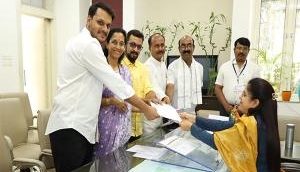
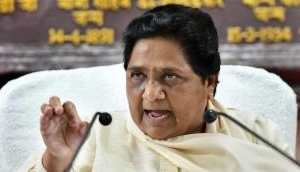
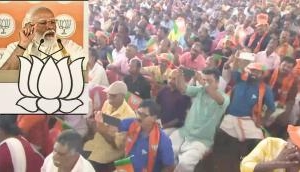
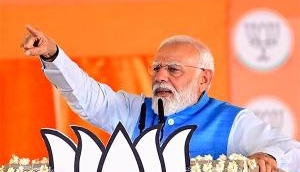
![BJP's Kapil Mishra recreates Shankar Mahadevan’s ‘Breathless’ song to highlight Delhi pollution [WATCH] BJP's Kapil Mishra recreates Shankar Mahadevan’s ‘Breathless’ song to highlight Delhi pollution [WATCH]](http://images.catchnews.com/upload/2022/11/03/kapil-mishra_240884_300x172.png)

![Anupam Kher shares pictures of his toned body on 67th birthday [MUST SEE] Anupam Kher shares pictures of his toned body on 67th birthday [MUST SEE]](http://images.catchnews.com/upload/2022/03/07/Anupam_kher_231145_300x172.jpg)


